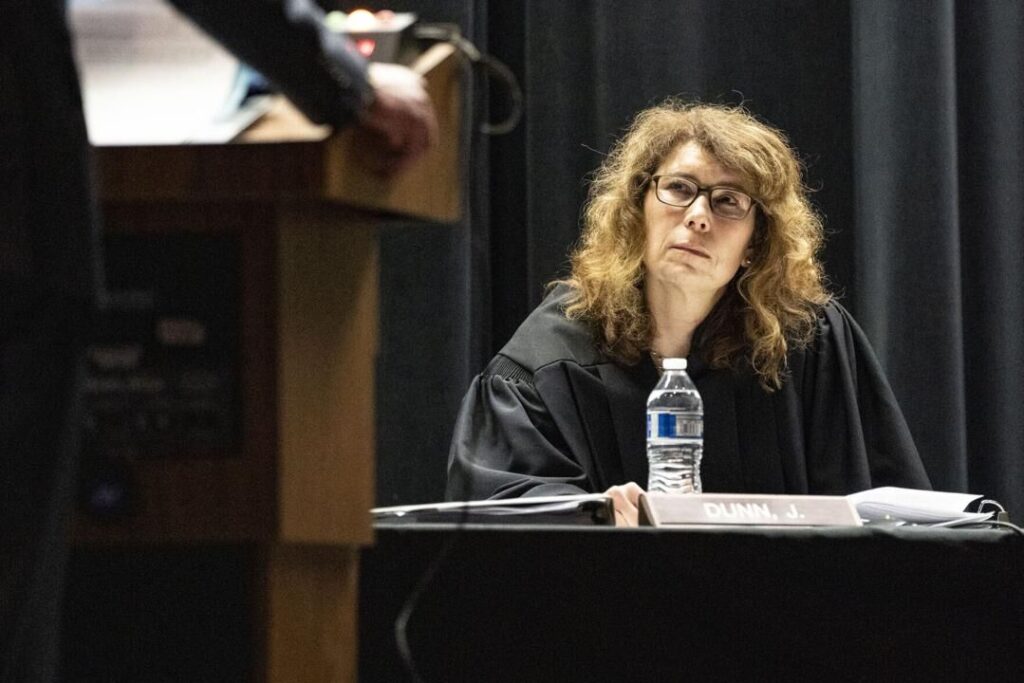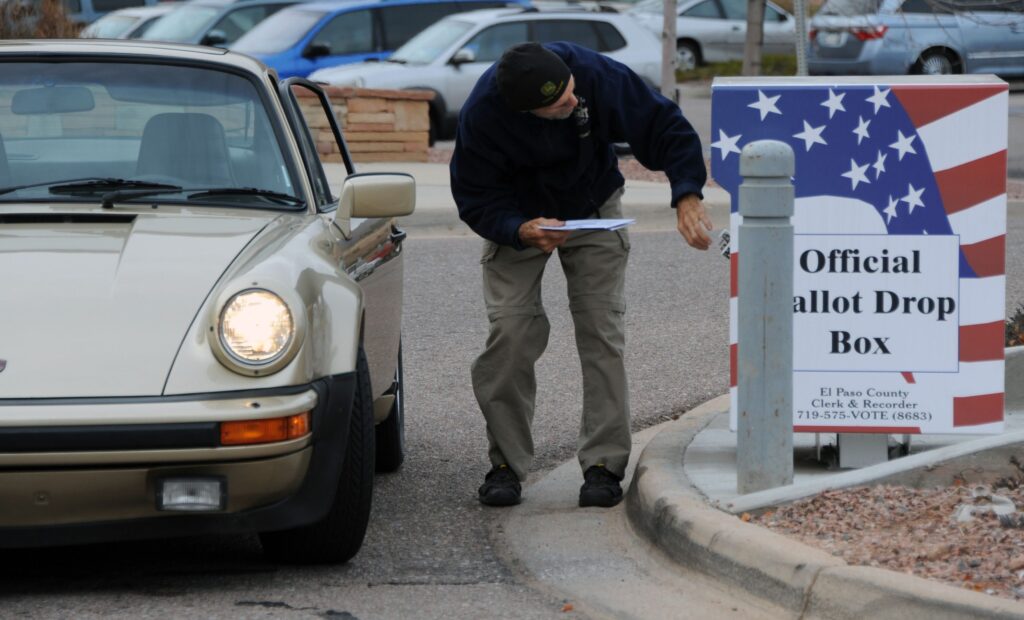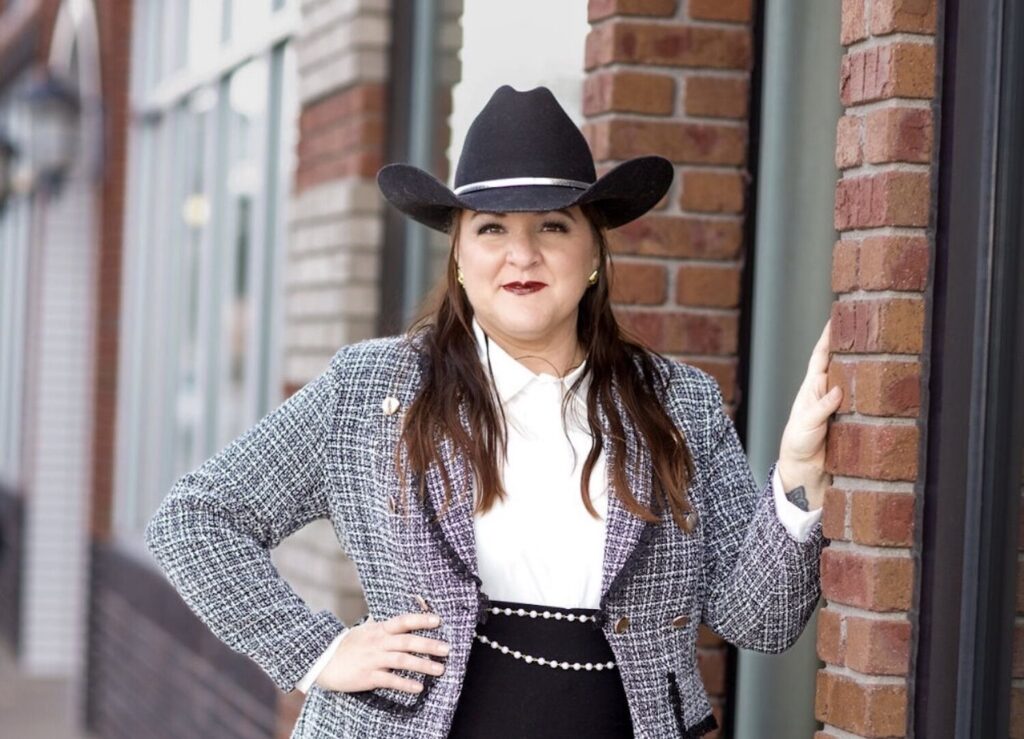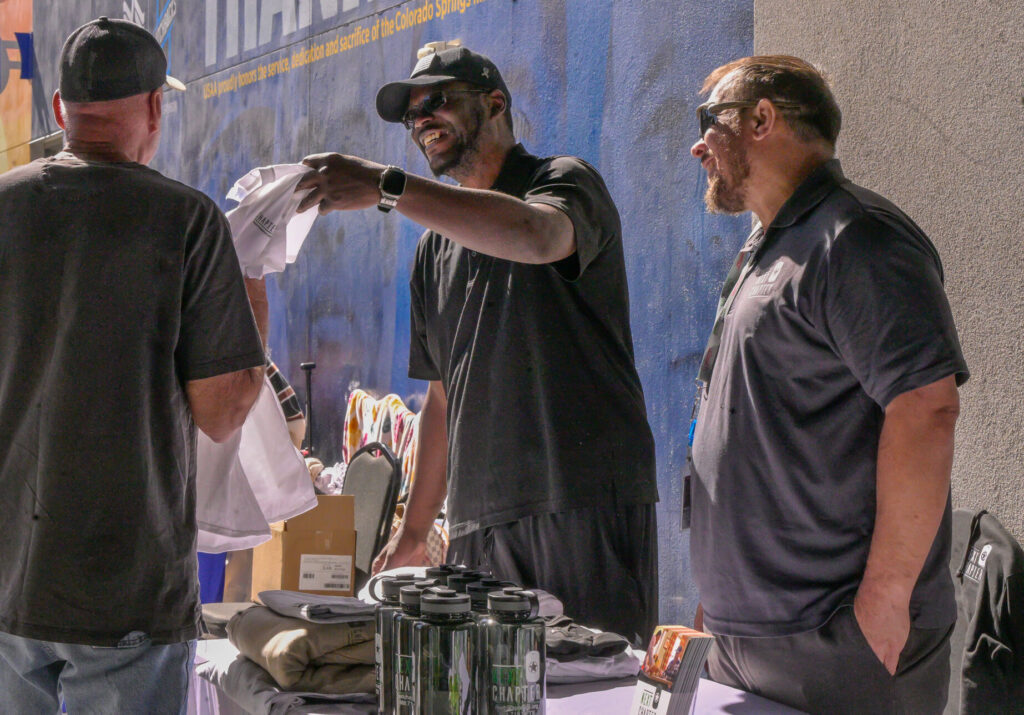Colorado Republicans opposed gutting House ethics office
Republicans voted to gut the independent congressional watchdog on ethics in closed-door meeting Monday night. The bold, controversial act set the stage for the first session in a decade when the GOP controlled both chambers and the White House.
That didn’t fit with Donald Trump’s plan to “drain the swamp,” and it didn’t sit well with at least three of Colorado’s four Republican House members. By Tuesday afternoon, House Republicans called a special meeting to essentially scrapp the plan by unanimous consent.
Reps. Mike Coffman of Aurora, Doug Lamborn of Colorado Springs and Ken Buck of Windsor voted against the proposal Monday night.
“As representatives of the people, members of Congress are held to the highest of standards,” Coffman said. “I strongly oppose any unilateral changes to the Office of Congressional Ethics, and instead support a bipartisan independent system to assure fair and effective oversight and transparency in Congress.”
Buck, a former Weld County district attorney, added Tuesday, “We do need reforms to strengthen the integrity of the ethics process, but those reforms should be made in a transparent way by passing a bill on the House floor.”
Here’s the president-elect on the whole affair:
House Republicans met behind closed doors to talk about their legislative agenda Monday night, so an official vote wasn’t recorded. Rep. Scott Tipton of Cortez, Colorado’s fourth Republican in Congress, did not disclose his vote or position. His office said the caucus meeting was held in private, and it’s his philosophy to keep those discussions discreet.
The Office of Congressional Ethics was created in 2008 to independently investigate allegations against lawmakers, after a series of scandals sent former members to prison. It is due for reauthorization by the incoming Congress.
The proposal would have blocked the ethics office from reviewing any potential criminal violation, instead turning over complaints to the House Ethics Committee or to a federal law enforcement agency. It also would have barred the office from accepting anonymous reports of alleged wrongdoing or making public statements.
That would have given members of Congress the political power to stop any investigation and keep a lid on complaints.
“After eight years of operation, many members believe the Office of Congressional Ethics is in need of reform to protect due process and ensure it is operating according to its stated mission,” House Speaker Paul Ryan said in a statement. “I want to make clear that this House will hold its members to the highest ethical standards and the Office will continue to operate independently to provide public accountability to Congress.”











